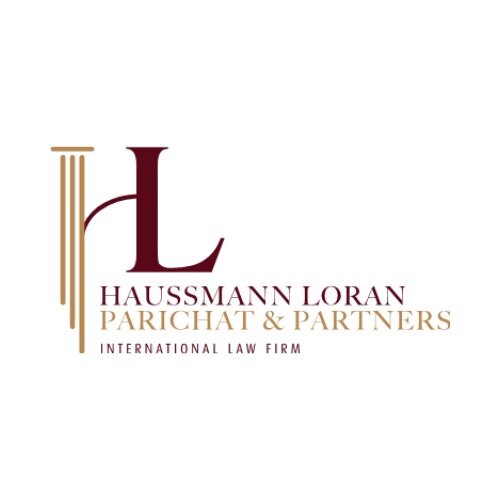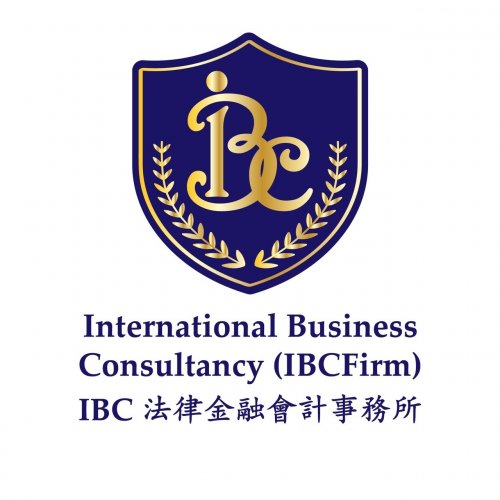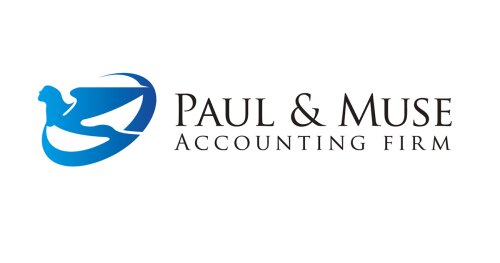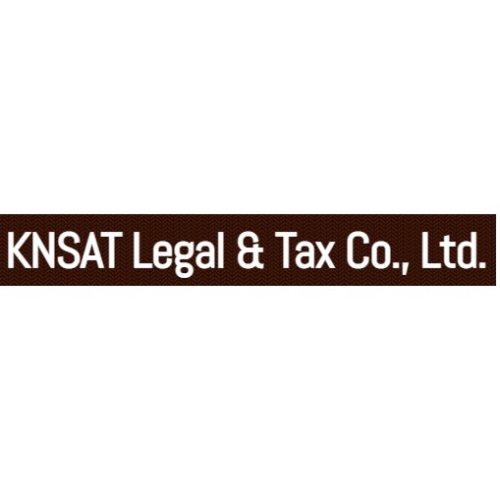Best Banking & Finance Lawyers in Bangkok
Share your needs with us, get contacted by law firms.
Free. Takes 2 min.
List of the best lawyers in Bangkok, Thailand
Legal guides written by SIAM LEGAL INTERNATIONAL:
- Defamation Laws in Thailand: Criminal Charges and Civil Suits
- The State of Thailand’s Long-Term Resident (LTR) Visa Program in 2025
- The Penalties Of Not Filing Your Income Tax Return As A Foreigner In Thailand

Haussmann Loran Parichat & Partners International Law Firm
30 minutes Free ConsultationThailand Banking & Finance Legal Articles
Browse our 5 legal articles about Banking & Finance in Thailand written by expert lawyers.
- Thailand Strengthens Anti-Money Laundering Laws with New Amendments
- Thailand has taken an important step in the fight against financial crime. On the approval of two new legislative amendments aimed at strengthening its anti-money laundering (AML) laws. On February 25, 2025, the Thai cabinet, led by Prime Minister Paetongtarn Shinawatra, approved amendments of the Anti-Money Laundering Act. These new... Read more →
- Steps to Open a Bank Account in Thailand as a Foreigner
- Opening a bank account in Thailand as a foreigner may streamline financial activities and make life more comfortable. Whether you’re planning a long-term stay in the country, establishing a company, or just seeking a sensible method to manage your finances, taking note of the setup procedure may save time and... Read more →
- Thai Legal Framework for Cryptocurrencies
- Technology, investment, and money have all been fundamentally altered by cryptocurrencies. Countries all throughout the globe struggle to design legal regimes that safeguard consumers while fostering innovation as these digital assets develop. Thailand distinguishes itself in this sense as it has one of the most thorough regulatory frameworks regarding cryptocurrencies... Read more →
About Banking & Finance Law in Bangkok, Thailand
Banking & Finance law in Bangkok, Thailand, covers the regulations and practices that govern financial institutions and transactions. This includes everything from banking operations, securities, and financial services, to the regulation of financial markets. Bangkok, as Thailand's capital, serves as a hub for financial and banking activities in the region, reflecting both local and international banking practices. Thailand's financial system is regulated by the Bank of Thailand, the Securities and Exchange Commission, and other governmental and non-governmental bodies, ensuring a robust framework for financial transactions and protected consumer rights.
Why You May Need a Lawyer
There are numerous situations in which you might require legal assistance in Banking & Finance in Bangkok, Thailand. Common situations include: navigating complex financial agreements, handling regulatory compliance, managing disputes with financial institutions, understanding your rights and obligations under Thai banking law, planning business investments, or going through insolvency or restructuring processes. Lawyers specializing in this field can provide expertise and guidance to ensure that you efficiently and legally navigate through the intricacies of financial transactions and regulations.
Local Laws Overview
The banking and finance sector in Thailand operates under a comprehensive legal framework, including the Financial Institutions Business Act, Securities and Exchange Act, and the Bank of Thailand regulations, among others. Key aspects include stringent regulations on financial transactions, detailed requirements for compliance and reporting by financial institutions, and consumer protection laws that safeguard the rights of consumers in financial transactions. Additionally, anti-money laundering and counter-terrorism financing laws play a significant role in the legislative landscape.
Frequently Asked Questions
What are the primary regulatory bodies overseeing Banking & Finance in Thailand?
The primary regulatory bodies are the Bank of Thailand, which oversees financial institutions, and the Securities and Exchange Commission, which regulates securities and capital markets.
Can I open a bank account in Bangkok as a foreigner?
Yes, foreigners can open bank accounts in Thailand, though requirements can vary by bank; typically, a passport and a valid visa are necessary.
What legal obligations do financial institutions have under Thai law?
Financial institutions must comply with a range of regulations concerning capital adequacy, disclosure, fraud prevention, and consumer protection, among other obligations.
How are financial disputes typically resolved in Bangkok?
Financial disputes may be resolved through negotiation, mediation, or litigation. Often, parties will attempt alternative dispute resolution to avoid costly and time-consuming court proceedings.
What is the role of the Bank of Thailand?
The Bank of Thailand is responsible for maintaining monetary stability, developing financial institutions, and ensuring a stable financial system.
Is there a tax on financial transactions in Thailand?
There is no specific financial transaction tax, but certain transactions could be subject to other taxes, including withholding taxes or stamp duties.
How do banking secrecy laws affect me in Thailand?
Banking secrecy laws restrict access to your financial information unless legal proceedings or anti-money laundering controls require it.
Do I need a lawyer to invest in Thai securities?
While not mandatory, consulting a lawyer is advisable to navigate the regulatory complexities involved in securities investment in Thailand.
What are the penalties for non-compliance with Thai banking laws?
Penalties can include fines, sanctions, revocation of licenses, or even imprisonment, depending on the severity of the infraction.
Are digital and cryptocurrency transactions regulated in Thailand?
Yes, the Thai government regulates cryptocurrencies under the Digital Assets Act, and transactions must comply with these specific provisions.
Additional Resources
Consider reaching out to the following resources for additional information or assistance: the Bank of Thailand for regulatory guidance, the Securities and Exchange Commission for securities information, and local banks for specific banking queries. Additionally, consulting with the Thai Bar Association or international law firms with a branch in Bangkok can be beneficial for legal advice.
Next Steps
If you need legal assistance in Banking & Finance in Bangkok, consider consulting with a local attorney specializing in financial law. Start by identifying your specific needs and gathering any relevant documents or information. Schedule an initial consultation to discuss your situation, and ensure you understand the fee structure and services offered before hiring legal representation. Always consider attorneys with experience in dealing with Thai banking and finance laws to ensure you receive informed and accurate legal guidance.
Lawzana helps you find the best lawyers and law firms in Bangkok through a curated and pre-screened list of qualified legal professionals. Our platform offers rankings and detailed profiles of attorneys and law firms, allowing you to compare based on practice areas, including Banking & Finance, experience, and client feedback.
Each profile includes a description of the firm's areas of practice, client reviews, team members and partners, year of establishment, spoken languages, office locations, contact information, social media presence, and any published articles or resources. Most firms on our platform speak English and are experienced in both local and international legal matters.
Get a quote from top-rated law firms in Bangkok, Thailand — quickly, securely, and without unnecessary hassle.
Disclaimer:
The information provided on this page is for general informational purposes only and does not constitute legal advice. While we strive to ensure the accuracy and relevance of the content, legal information may change over time, and interpretations of the law can vary. You should always consult with a qualified legal professional for advice specific to your situation.
We disclaim all liability for actions taken or not taken based on the content of this page. If you believe any information is incorrect or outdated, please contact us, and we will review and update it where appropriate.
Browse banking & finance law firms by service in Bangkok, Thailand
Bangkok, Thailand Attorneys in related practice areas.















